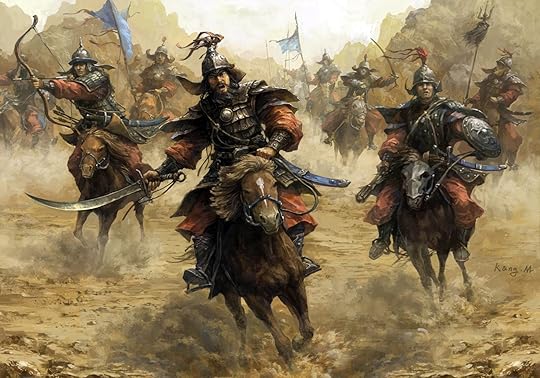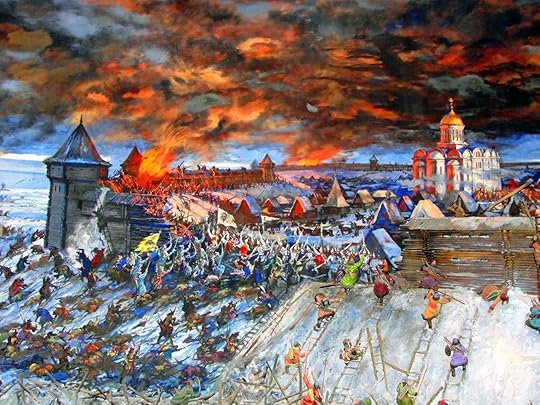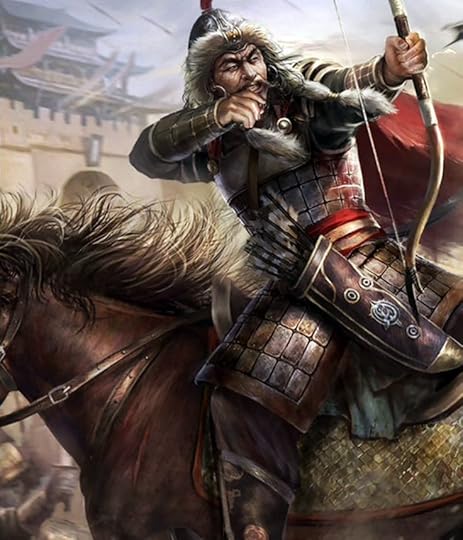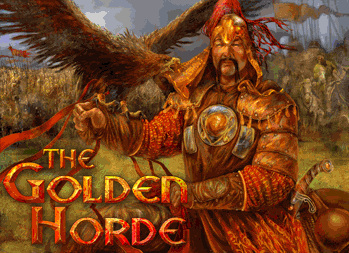What do you think?
Rate this book


516 pages, Paperback
First published January 1, 1968




Reading UNTIL THE SUN FALLS, you will find yourself in China during the early thirteenth century, for an adventure as exotic as the land it recreates. Genghis Khan has just died, leaving his empire between two men: his heir to the title of high king, his son, Ogotai; and to Batu, his eldest grandson of his oldest son. As the land from the East China Sea settles for peace, the western provokes are gearing up for invasion--of Russia and whatever other lands lay west. At the heart of the story, though, is Psin, the king of a tribe that calls itself the Merkits. It is Psin who, along with his wives and family, finds himself on the brink of history. As seemingly invincible armies prepare for fierce battles along the Volga River, Russia--and in truth, all of Eastern Europe--Psin and his clan ready themselves for destiny with an enemy they never saw coming. Vivid, rich with historical accuracy, Cecilia Holland's panoramic tale takes the harshest truth of history--war--and spins it into a personal story of triumph.